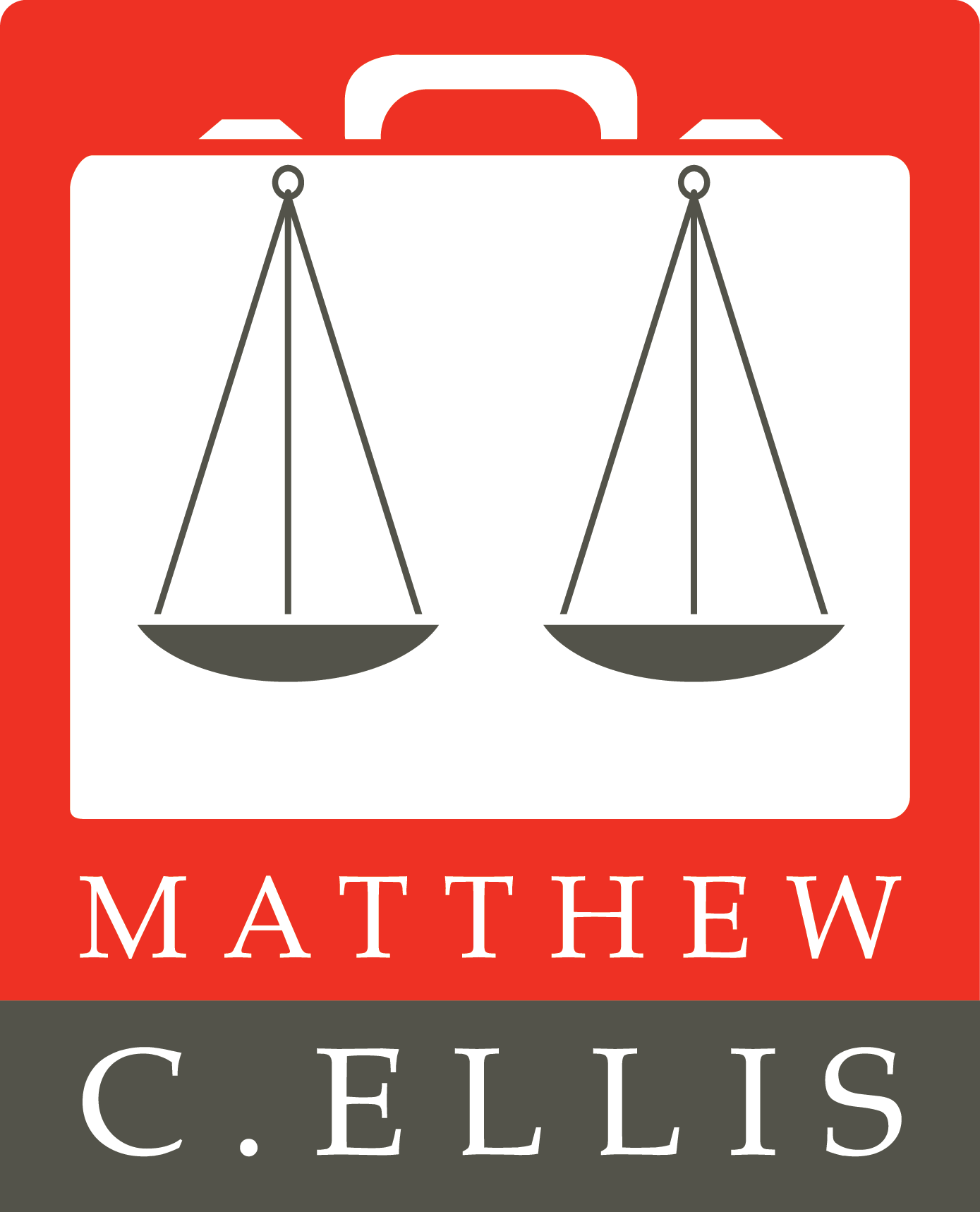First Amendment 101: Public Employee Speech after Dahlia v. Rodriguez
A public employee does not lose his or her constitutional right to free speech when they enter the workplace. That the speech occurs at work, or pertains to work, is not dispositive about whether the speech is protected under the First Amendment. Only speech that is on a matter of public concern and made as a citizen is potentially protected.
Why the speech of public employees on matters of public concern is valuable to society is clear; Public employees are in a better position to witness and report government misconduct than others and the public has a right to know if the government is breaking the law or is engaged in corruption or misconduct.
Since the 2006 US Supreme Court case of Garcetti v. Ceballos, it has become increasingly difficult for a public employee to state a valid first amendment claim if the speech occurs at work. Under Garcetti, if a public employee complains of misconduct outside of work—such as to a newspaper, on Facebook, to a legislative official or during a rally—the speech is likely protected. However, if the speech is made pursuant to one’s job duties it is generally not protected since, under Garcetti, the speech is not made as a “citizen” and is non-protected governmental speech. As a result, Garcetti created a perverse incentive for a public employee to air concerns about serious government misconduct in a public forum instead of trying to work within the system to change the problem by reporting it up the chain of command.
Fortunately, some states, like Oregon, have passed state whistleblowing laws protecting these complaints. See ORS 659A.203, ORS 659A.230 and, probably most significantly, ORS 659A.199.) However, the protections afforded to public employees under these state laws tend to be more modest than under the First Amendment.
Since that time, Courts in the 9th Circuit have struggled when applying Garcetti. For a few years, the Ninth Circuit arguably disregarded the dictates of Garcetti altogether and basically held that internal and external reports of misconduct—at least for those in law enforcement—are never protected under the First Amendment. See Huppert v. City of Pittsburg. This set a dangerous precedent and reinforced the code of silence that is often explicitly or implicitly part of one’s job as a public employee.
Fortunately, in August 2013, the 9th Circuit in Dahlia v. Rodriguez overruled its prior opinion in Huppert and essentially conceded that Huppert was wrongly decided and dangerous. Under Dahlia, speech is still unprotected if it is pursuant to one’s official job duties and it is generally less likely to be protected if the speech takes place at work or reported up the chain of command. However, Dahlia acknowledged that if the public employee received mixed messages about their job duties—as is often the case in First Amendment retaliation cases—this alone can create an issue of fact about whether the speech is protected, even if it occurs at work and relates to work. Hopefully, this opinion opens the door for meaningful First Amendment protections for public employees who are retaliated for reporting misconduct internally, as opposed to through external channels.
